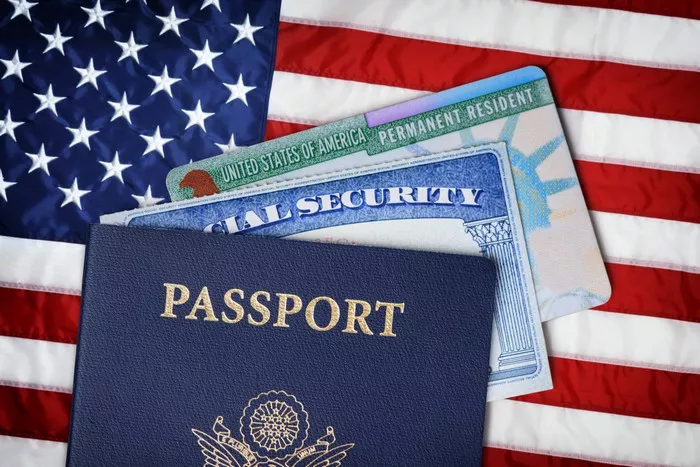Obtaining a green card, also known as lawful permanent residence, grants individuals the right to live and work permanently in the United States. This status comes with a range of rights and privileges, ensuring that green card holders can integrate into American society while enjoying certain protections and opportunities. Here, we delve into the comprehensive rights afforded to green card holders, covering legal, social, and economic aspects of their status.
Legal Rights and Protections
Green card holders in the United States possess several fundamental legal rights, akin to those of U.S. citizens in many respects. These rights include:
Right to Live Permanently: A green card holder has the right to reside permanently in the United States. This allows individuals to establish a stable life, work, and pursue educational opportunities without the constraints of temporary visa limitations.
Right to Work: Green card holders can legally work in the United States in any job or profession, except for specific restricted government positions that require U.S. citizenship.
Right to Travel: Green card holders can travel freely outside of the United States and return without jeopardizing their status, provided they adhere to certain guidelines and maintain residence ties.
Right to Social Benefits: While green card holders do not qualify for all federal benefits that U.S. citizens receive, they may be eligible for certain social programs such as Social Security benefits (if eligible based on work history) and Medicare after a waiting period.
Legal Protection: Green card holders are protected by U.S. laws, both federal and state, which cover areas such as employment rights, property ownership, and legal recourse in case of disputes or violations.
Social and Cultural Integration
Beyond legal rights, possessing a green card facilitates social and cultural integration into American society:
Education Opportunities: Green card holders can attend public schools and institutions of higher education in the United States, often at in-state tuition rates depending on the state’s policies.
Cultural Assimilation: Green card holders have the freedom to participate fully in American cultural and community activities, contributing to and benefiting from the diverse fabric of American life.
Community Engagement: They can engage in civic activities, join community organizations, and participate in local governance processes in many jurisdictions.
Employment and Economic Rights
Green card holders enjoy significant economic rights that facilitate their participation in the U.S. economy:
Right to Employment: As lawful residents, green card holders can seek employment in the United States without needing sponsorship from an employer, unlike holders of temporary work visas.
Entrepreneurial Opportunities: They have the right to start and operate businesses, invest in U.S. enterprises, and pursue entrepreneurial ventures without additional immigration hurdles.
Equal Employment Rights: Green card holders are protected against employment discrimination based on national origin or citizenship status under U.S. employment laws.
SEE ALSO: WHERE CAN I CHECK MY GREEN CARD STATUS?
Pathway to Citizenship
While green card holders do not initially possess the right to vote in federal elections, they can eventually pursue U.S. citizenship through naturalization. This process typically requires:
Meeting Eligibility Criteria: Including continuous residence, good moral character, and proficiency in English and civics knowledge.
Filing a Naturalization Application: After meeting residency requirements, green card holders can apply for naturalization to become U.S. citizens.
Naturalization Ceremony: Upon approval, individuals participate in a ceremony where they take an oath of allegiance to the United States, marking their formal transition to citizenship.
Legal Obligations and Responsibilities
Green card holders must also fulfill certain obligations to maintain their status and rights:
Residency Requirements: They must continuously reside in the United States and not abandon their permanent residence status.
Compliance with Laws: Green card holders must comply with U.S. laws, including tax laws and any applicable regulations governing their status.
Renewal of Green Card: Permanent residents must renew their green cards every 10 years to ensure their legal status remains current.
Conclusion
In conclusion, holding a green card affords individuals a wide array of rights and opportunities in the United States, from legal protections and employment freedoms to pathways for social integration and eventual citizenship. Understanding these rights is crucial for green card holders to fully benefit from their status while navigating the responsibilities that come with it. By embracing these opportunities responsibly, green card holders can contribute to their communities and continue to enrich the diverse tapestry of American life.


